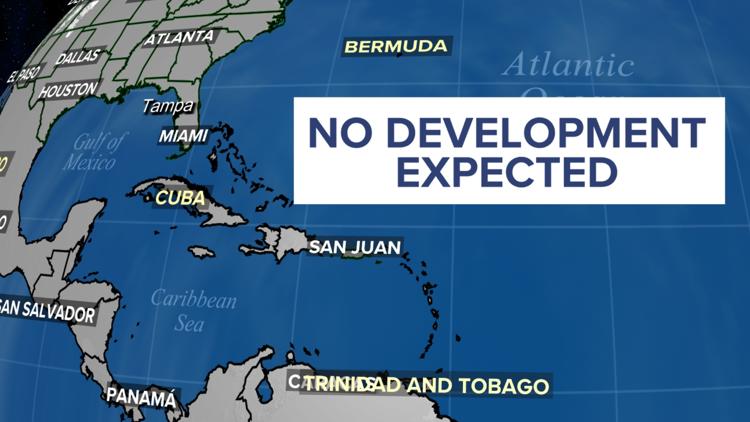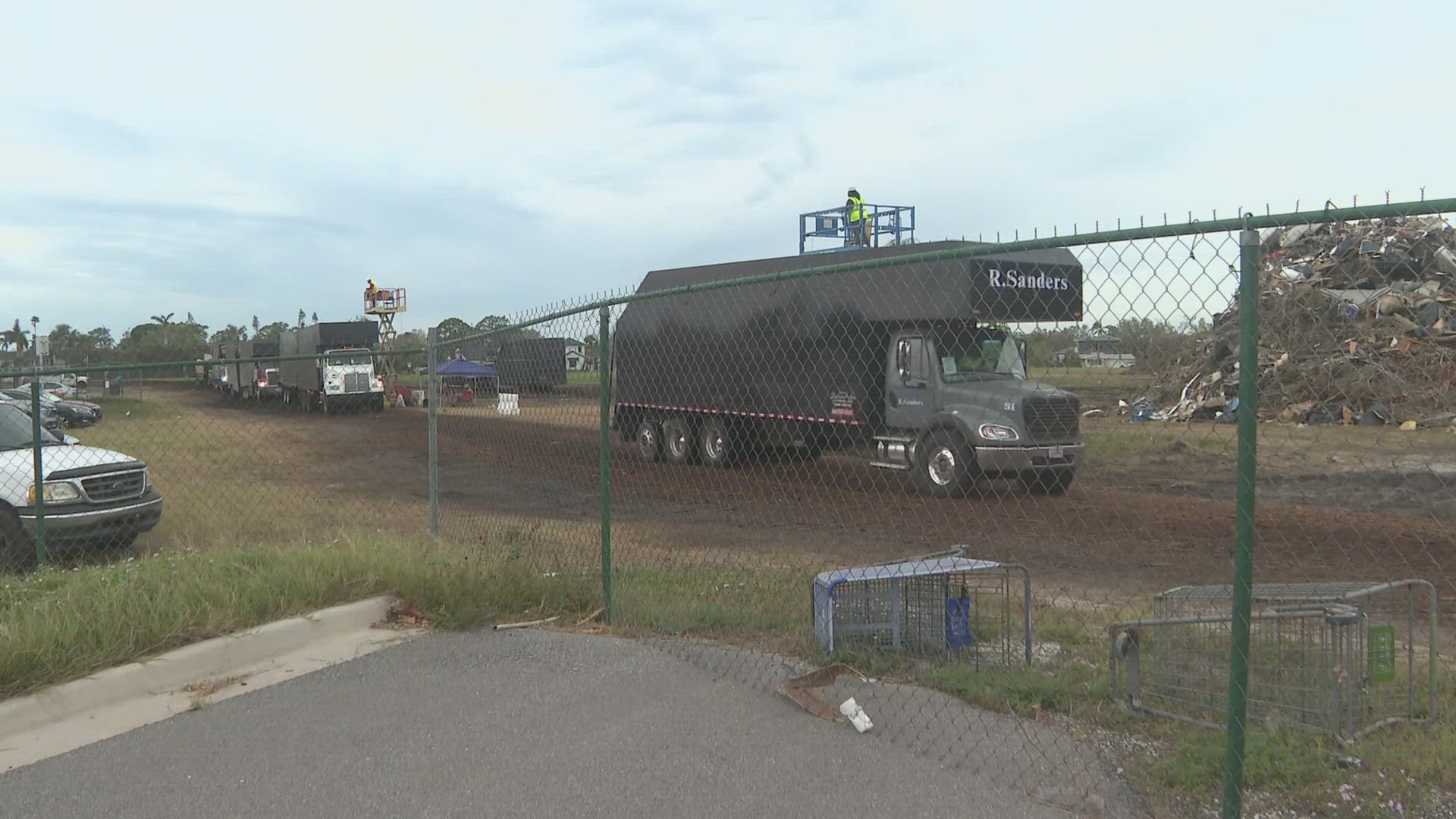ST. PETERSBURG, Fla. — Looking for something to be thankful for this Thanksgiving?
After a devastating year for so many, hurricane season will soon come to an end.
Even better, The National Hurricane Center is not predicting any tropical cyclone activity in the next 7 days, which means, as of Monday afternoon, we're in the clear through the end of the 2024 Atlantic hurricane season.
Although the season runs from June 1 through the end of November, the National Oceanic and Atmospheric Administration (NOAA) reminds us that "there is nothing magical about these dates," and that tropical activity can happen at almost anytime.
The National Weather Service's current 7-day outlook extends until Dec. 2.
In total, there have been 18 named storms in 2024. According to the NWS, 11 were hurricanes and five were major hurricanes.
The most recent, and perhaps final, storm of the season was Tropical Storm Sara. The season started with Tropical Storm Alberto.
Hurricane Beryl, the second named storm of the season, also became the earliest Category 5 hurricane on record.
Here in Florida, Hurricane Helene made landfall as a Category 4 storm near the Big Bend region on Sept. 26. Although Florida suffered substantial impacts from the storm, North Carolina and South Carolina endured the most devastation.
"Preliminary data indicate that Helene was the deadliest hurricane to affect the continental U.S. since Katrina in 2005, with more than 150 direct fatalities, the majority of which occurred in North Carolina and South Carolina," according to the NOAA.
Not even two weeks later, Hurricane Milton made landfall as a Category 3 storm near Siesta Key, Florida on Oct. 9.
"Milton's rate of rapid intensification was among the highest ever observed, with a 90-mile-per-hour increase in wind speed during the 24-hour period from early October 6 to early October 7," the NOAA reports.
In all, the NOAA says that the 2024 Atlantic hurricane season "showcased above-average activity, with a record-breaking ramp-up following a peak-season lull."



